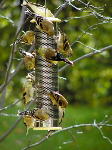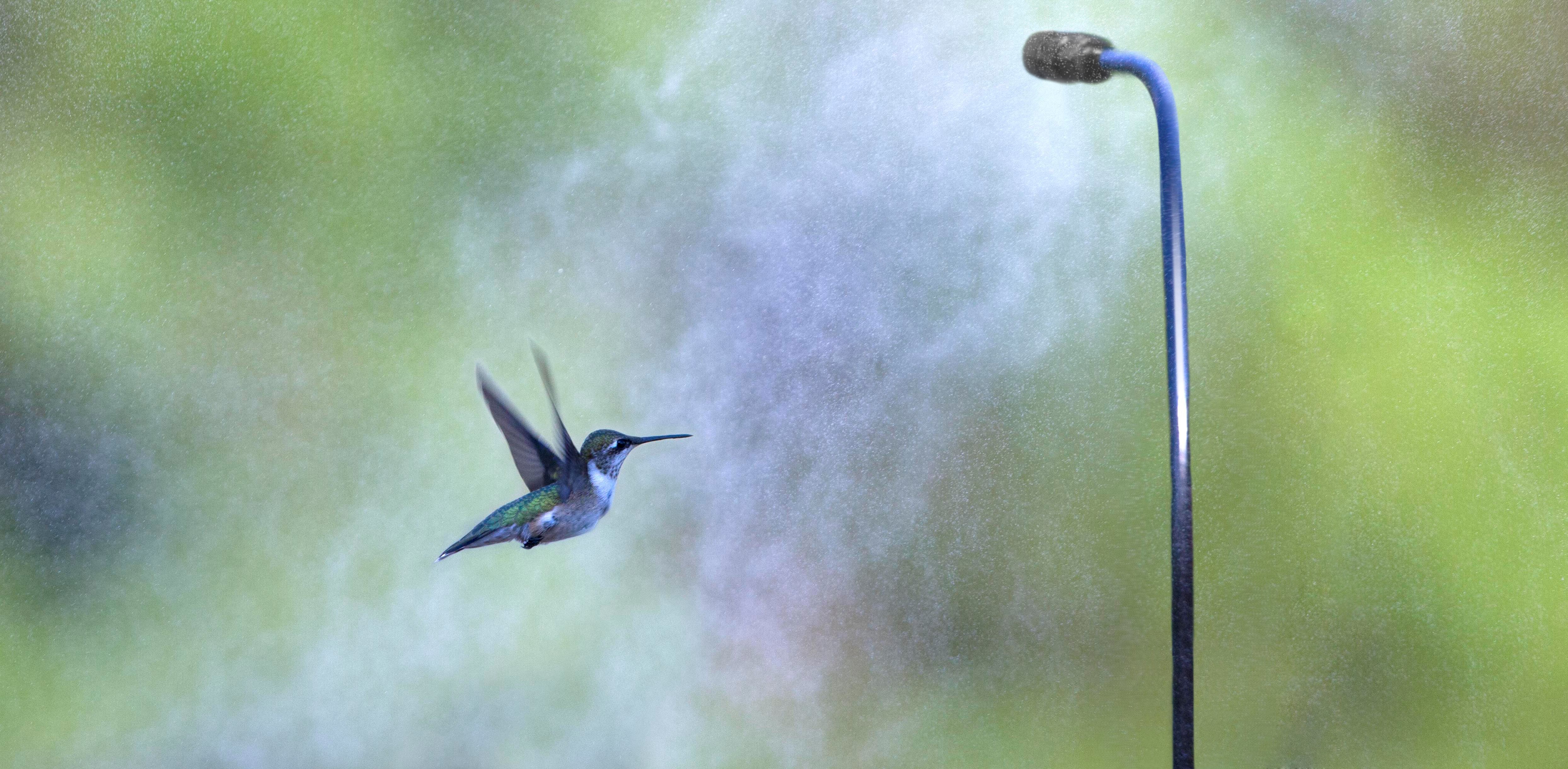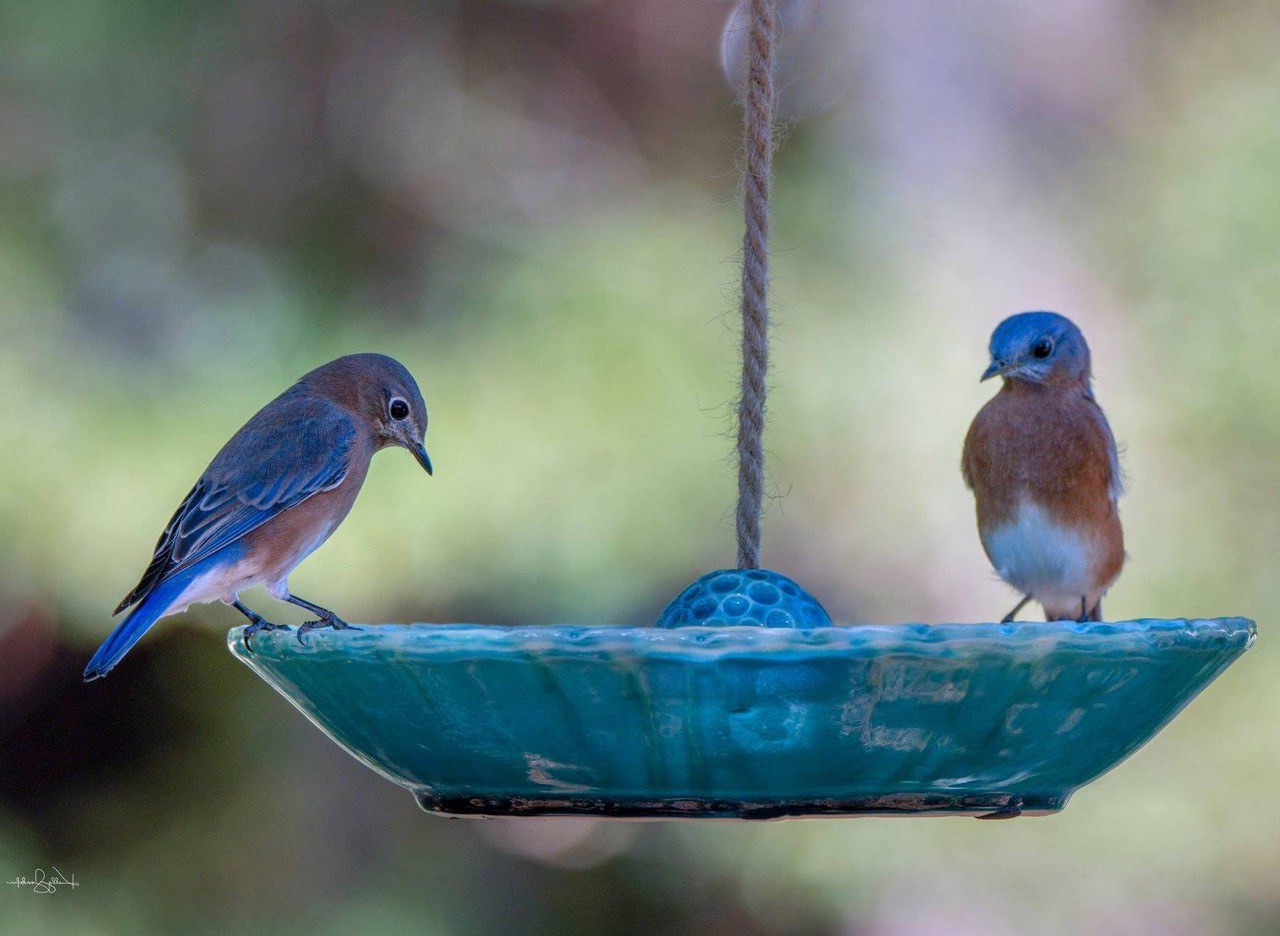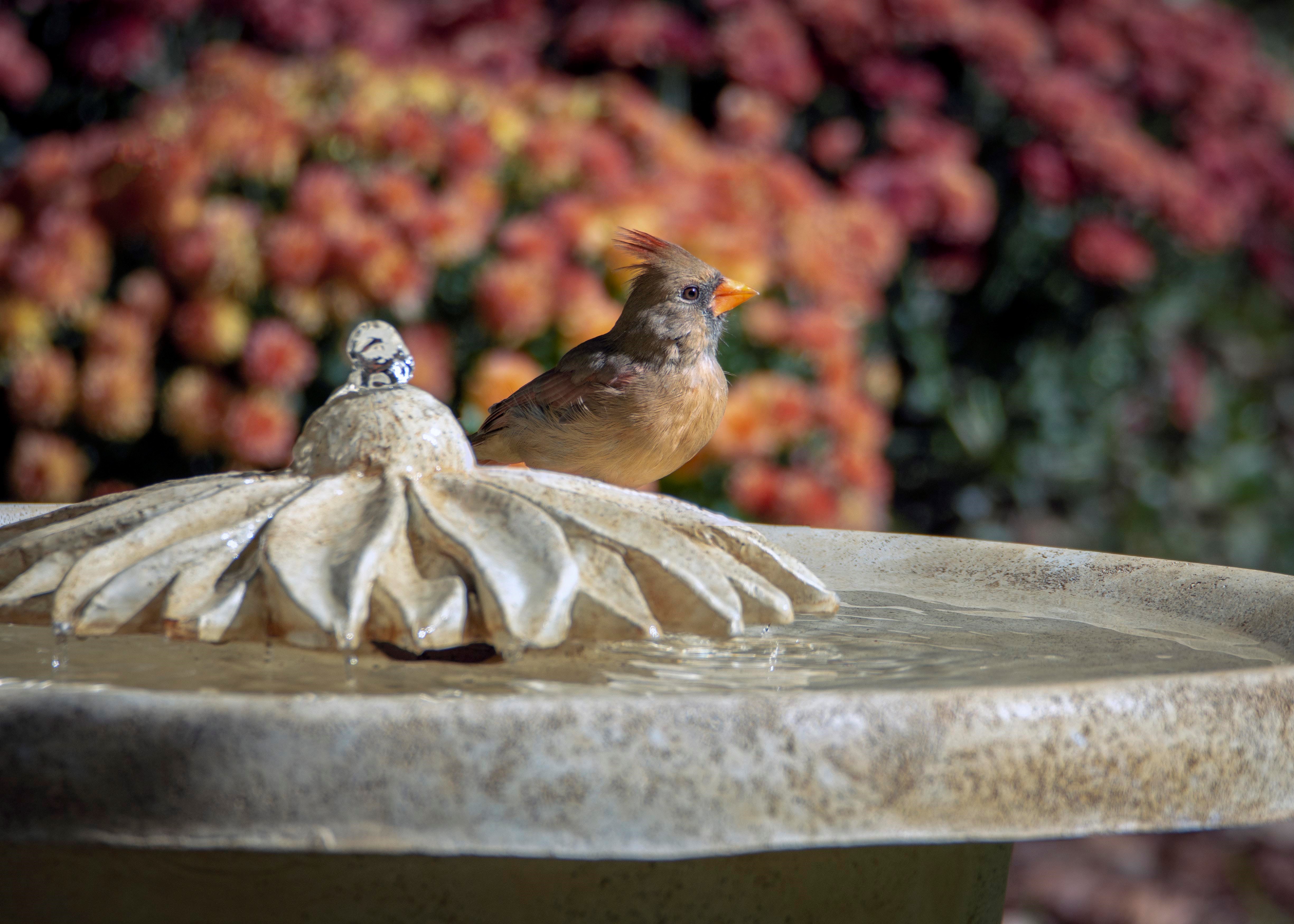-
VIRTUAL BIRDS IN AUDUBON’S BIRDING THE NET SPARKING INTEREST IN REAL BIRDS
Nonprofit’s social media campaign ends Nov. 7,
but there’s still plenty of time win.NEW YORK (November 2, 2011) – More than 10,000 people are looking for birds all over the internet, but perhaps nobody’s more passionate than two recently adopted sisters from Louisiana’s bayou country. The Hall sisters — Siarah, 11, and Savannah, 12 — are Birding the Net as part of Audubon’s innovative social media campaign — and they’re taking their new-found love of birds outdoors as well. Their favorite bird is the Brown Pelican, which swoops across websites just as it glides over coastal waters near their home.
Audubon learned of the two girls when Siarah sent an email that read, in part: “I have now found twenty-two birds on Birding The Net and can’t wait to go in real life.”
But the Hall sisters aren’t the only ones discovering birds through this exciting new project. Audubon is hearing it from many others. Not only are people having fun, but the campaign is delivering on its goal of connecting people to the natural world around them and making them more aware of birdlife in their everyday lives.
Following are some quotes posted on Twitter and Facebook by real people:
- I’m enjoying the opportunity to meet new like-minded folks and being exposed to new birding Web sites.
- #birdingthenet has convinced me that I need to get out west for really awesome birds. & found some great enviro websites
- #birdingthenet has my 3 sons excited about birds. They watch the videos and read their profiles while collecting bird cards.
- The intro to the amazing variety of birding info on the net has been wonderful.
- Just stepped outside for a break. Red-bellied woodpecker on tree. Mouse finger twitched. #birdingthenet
- I’ve kicked myself many, many times for not birding when I lived in Florida! #birdingthenet
- I love the bird game! I bird all the time for work and play and think it really captures the searching aspect of the activity #birdingthenet
- Grew up in an #Audubon family, and this is just cool! http://t.co/7VrnNvFz #BirdingTheNet
- #birdingthenet Triangle region of North Carolina. Looking at all the birds coming to our feeder at work right now
- The #birdingthenet Whooping Crane inspired me to see the real thing at the @NationalZoo. A spectacular animal…amazing to see one so close.
- Birding the Net has taught me about other web sites where I can view birds, and share my love for them.
- Birding the net has introduced me to other web sites that have a lot of information and perspectives on birds and wildlife. I think I have most enjoyed connecting and helping other birders from all over the country. Certainly there have been some frustrations, but I’ve found others to help me and I, in turn, have helped other people.
- It’s fun and I don’t have to win to enjoy it. I’ve learned some too, and I am never inclined to complain about something done as a service that costs nothing.
“When people encounter these remarkable birds online, they learn something new and view birds differently the next time they go outside,” said AudubonPresident David Yarnold. “In this subtle way, we’re introducing people to an amazing world.”
The game brings to the Internet the thrill of the chase found in real-world birding, challenging players to spot dozens of species through November 7. Web surfers observe virtual birds doing the same things that birds do outdoors – animations of birds will fly across homepages, perch on mastheads, and flock to birdhouses that anyone can install on personal websites and blogs. Along the way, players will learn more about some of North America’s most engaging bird species, and hopefully acquire a better appreciation for birds in the wild.
Clicking on the animated birds on the many participating websites takes players to the Audubon Facebook page to collect and trade “bird cards,” which feature recordings of birdsongs, bird facts, and video. The first players to collect all the birds will win prizes, including a voyage to the Galapagos.
All that is required to play is to visit Audubon on Facebook at www.facebook.com/NationalAudubonSociety. Trading bird cards with friends helps a player’s chances of winning; the more Facebook friends that compete in Birding the Net, the more opportunities for trading birds. And for exclusive hints on where to find birds on the Internet, Audubon followers on Twitter (@AudubonSociety) can interact and follow campaign “spokesbirds” @FloridaScrubJay and @RufHummingbird.
In addition to the grand prize voyage for two to the Galapagos Islands courtesy of Lindblad Expeditions, prizes include Canon cameras, Nikon binoculars, gift cards to Woolrich and downloads of the Audubon Birds – A Field Guide to North American Birds mobile app from Green Mountain Digital. All 200 winners also receive one-year membership to Audubon.
About Audubon
Now in its second century, Audubon connects people with birds, nature and the environment that supports us all. Our national network of community-based nature centers, chapters, scientific, education, and advocacy programs engages millions of people from all walks of life in conservation action to protect and restore the natural world. Visit Audubon online at www.audubon.org.
For high-rez images visit ftp://ftp.mprm.com/Audubon
-
Bat Houses and Halloween
 This photo was floating around on Facebook and well… I just couldn’t resist! Likely one of the coolest Halloween displays I’ve ever seen.
This photo was floating around on Facebook and well… I just couldn’t resist! Likely one of the coolest Halloween displays I’ve ever seen.This post was supposed to be on bat houses because October is supposed to be about bats. Maybe because birds are ignoring feeders and eating the bountiful harvests (in most parts of the country anyway). Texas, I feel for your wildlife and ranch animals too… so so sad. No hay, no water, nothing but parched land.
So, October and bats and Halloween… they’re always portrayed as some scary winged creatures, when in fact they’re pretty harmless. Vampire bats who suck blood exist only in very few places in the whole world. Bats are very beneficial to have around your place, just a small colony can eat tens of thousands of mosquitoes and pests in a night. If you happen to live around a lake or pond you’ve got an advantage for attracting them. Bat Houses offer roosting spots for just a few fellas, all the way up to whole colonies, which are usually around 100 to 300 bats in residential areas.
Wishing everyone a safe and happy Halloween, from me & Shwuppy, the chicken dog!

-
sparrow’s at your finch bird feeder?
 No, these aren’t Sparrows, but American Goldfinches in their drab winter plumage. A customer contacted me yesterday to see what could be done about the problematic House Sparrows in her yard. She said there were so many of them that the Goldfinches couldn’t even get near her finch bird feeder if they tried!
No, these aren’t Sparrows, but American Goldfinches in their drab winter plumage. A customer contacted me yesterday to see what could be done about the problematic House Sparrows in her yard. She said there were so many of them that the Goldfinches couldn’t even get near her finch bird feeder if they tried!Although I’m not sure why, some folks admire and encourage House Sparrows… maybe it’s because that’s the only birds they can attract to their habitat? A non-native species (they should round them up and deport them back to Europe) along with Starlings, they wreak havoc on our native song birds. Bluebirds have no chance with sparrows around, and tree swallows too will lose out to sparrows for nesting cavities. Whole colonies of Purple Martins are chased away by sparrow invasion. I know there are no “mean birds” but sparrows instinct for survival is brutal with actual maiming and killing of nestlings and adults for use of the nest box.
So if you’re unlucky enough to have them in your yard… how do you get rid of them? First start by taking away the “welcome mat”. Try to remove the things that are attracting them, at least temporarily. Birdbaths should be emptied, and feeders taken down. I know this is a difficult task, but food in the wild is plentiful this fall (in most parts of the country) and it’s only for a short time, encouraging the sparrows to move on to other digs. Use quality birdseed too, it does make a difference. A mix that has a lot of corn or millet in it will also attract more “undesirable” birds.
Another option if you’re looking to attract Goldfinches only, is an upside down finch bird feeder. These are one of very few birds who will actually eat while perched upside down. And it’s not a bad thing… just being more selective about the beaked buddies you’re attracting to your yard!
Hummingbird Feeders
about feeders & accessories



